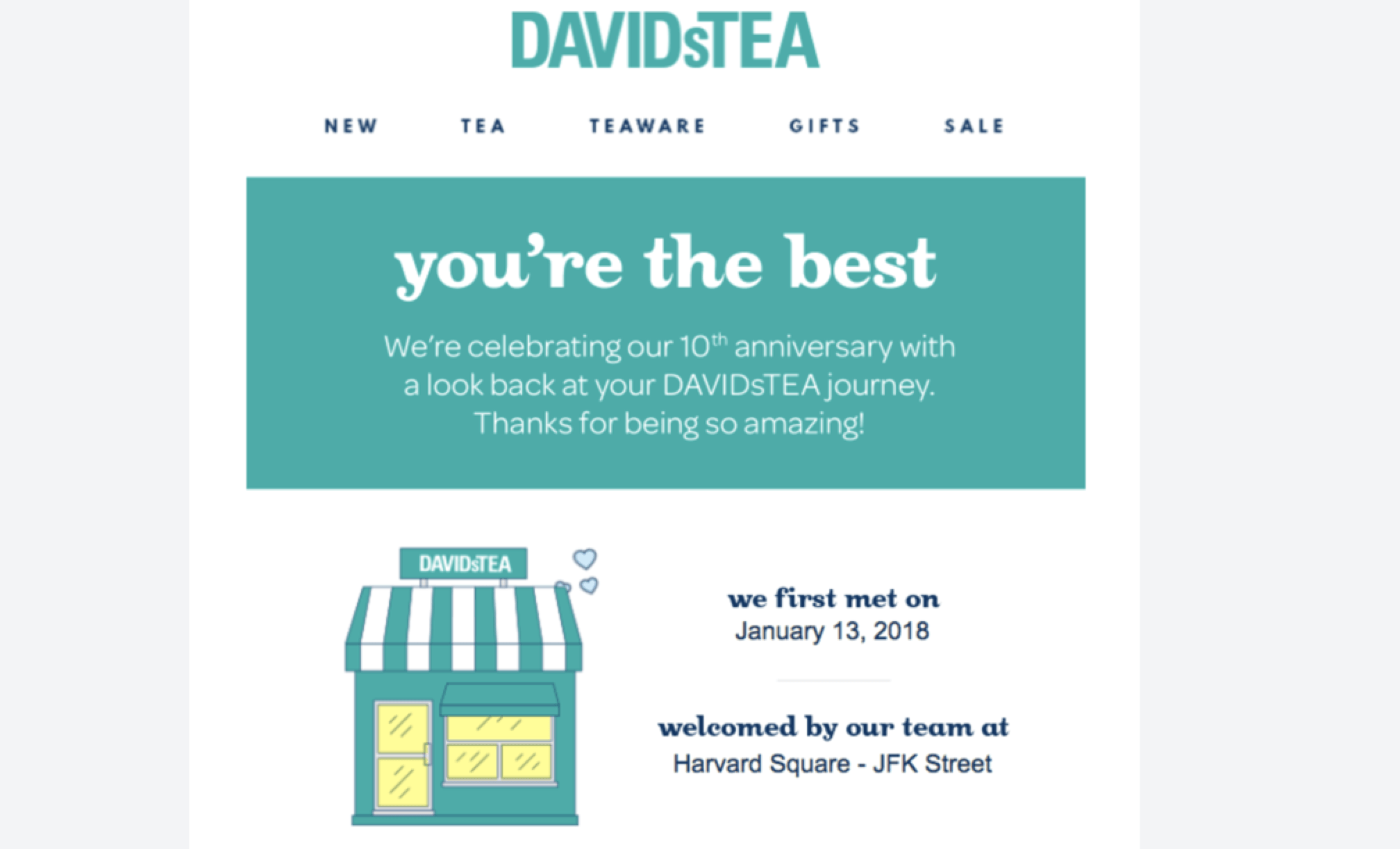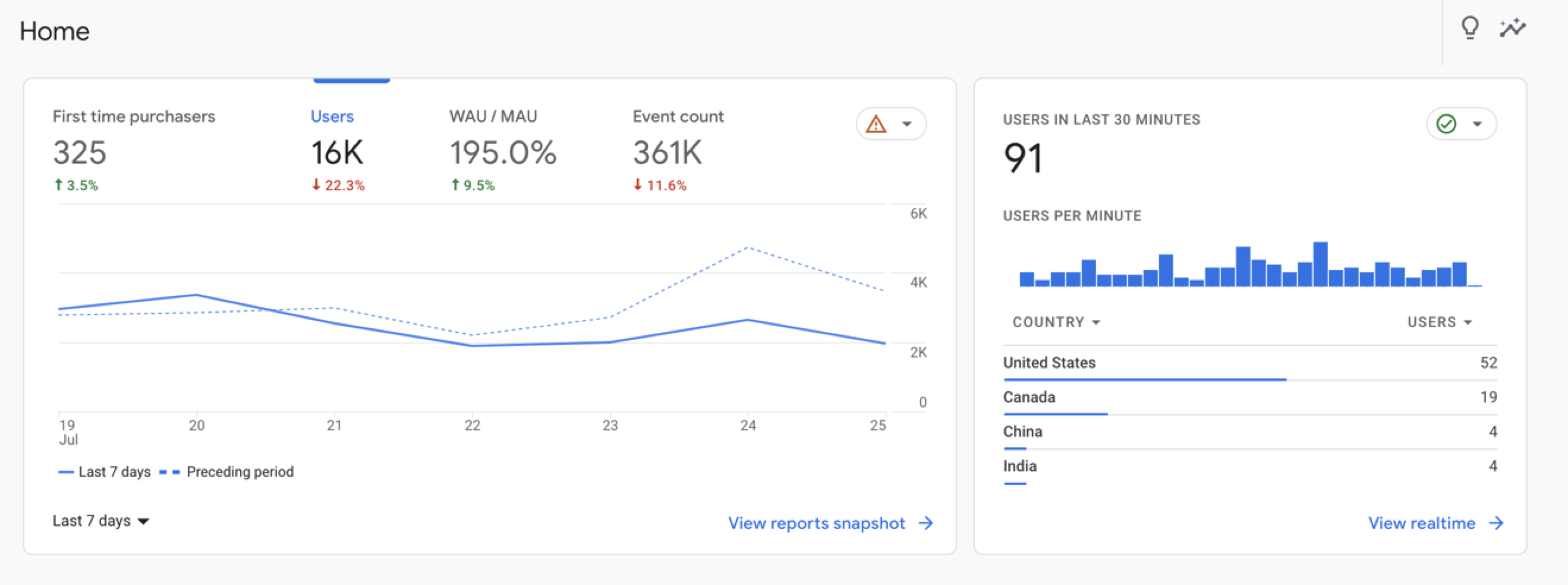Businesses are not immune from financial recessions. When recessions happen, you need to keep up with normal activities to keep earning money. And with the next financial crisis allegedly on the horizon, it’s a great time to revamp your search engine optimization (SEO).
SEO during a recession is one of the most efficient, profitable, and affordable forms of marketing in the world. Even when the economy takes a hit, it’s still a viable option to help your company grow (or at least stay afloat).
This page will break down the following topics about SEO and recessions:
- Does SEO work during a recession
- Why use SEO during a recession
- How to use SEO during a recession
Read on to learn more, or call 888-601-5359 for help with your SEO strategy!
Don’t miss our Marketing Manager Insider emails!
Join 200,000 smart marketers and get the month’s hottest marketing news and insights delivered straight to your inbox!
Enter your email below:
Inline Subscription Form – CTA 72
“*” indicates required fields
(Don’t worry, we’ll never share your information!)

Does SEO work during a recession?
SEO works during any economic period, including a recession. Investing time and resources into SEO will maintain results regardless of how the economy is doing. Though business activity might slow down, it does not stop entirely.
Regardless of your industry, you need to keep up with marketing to keep earning sales and generating revenue. With SEO, you can shift to doing so in-house and keeping afloat while still attracting traffic, leads, and conversions.
Google and other search engines want you to practice SEO because it tells them that you’re running a quality website. When you do that, they know that they can recommend you to their users, so they have a good experience. That’s what SEO is all about — showing search engines that you’re trustworthy enough to earn a recommendation.
Why use SEO during a recession
Whether you want to get started with SEO or keep up with your strategy, there are plenty of benefits to doing so during a recession. Here are three major considerations:
- SEO is cost-effective: You can make many changes for SEO at no extra cost. Copywriting, tracking keywords, and updating your site are all free changes you can try.
- You can invest in longevity post-recession: Recessions don’t last forever, but your marketing’s impact can. If you want to continue growing your business, SEO is a great tool for keeping sales and traffic high after the recession.
- You can have more flexible strategies: SEO consists of multiple factors, all of which lead to better brand awareness and more conversions. You can format your strategy to your timeline and budget instead of being stuck in one plan.
Because SEO is an ongoing process, you can think of it as a long-lasting tool for success. Where paid ads only offer boosted traffic at certain times, you can get continuous results for a lower price point.
How to use SEO during a recession
SEO can be a big help to your business any time, but especially during a recession. Here are a few ways to use SEO during a recession that can help you see the best results:
- Refine your spending
- Retain existing customers
- Analyze competitors
- Be consistent
- Monitor your campaign to see what works
Let’s look at how to accomplish each step below.
1. Refine your spending
Effective SEO will fit within your budget without wasting money on extraneous tools, services, or approaches. You can optimize your website if you know what to target.
Keywords are a huge part of SEO, and targeting and implanting them correctly can help you save. You can use a tool like Keywords Everywhere to help you analyze the cost-per-click (CPC) and the competition. For example, “hair salons in Harrisburg” has the following stats:

By targeting keywords with a low CPC and higher volume, you can focus any spending on effective keywords and focus your costs on the most effective strategies.
Even the bare minimum of SEO — optimizing on-site ranking factors — can place you leaps and bounds beyond a lot of your other competition, especially if you’re focused on local markets.
2. Retain existing customers
Many people think SEO is only an acquisition tool, when it can help customers post-conversion stay part of your client base.
Focusing on your existing customers leads to cheaper marketing costs. Existing customers know who you are, they’ve already converted, and they have a good impression of your company. Upselling and maintaining your customer base costs much less than attracting new leads.
Check in with your customers after their purchase and make sure they were satisfied with the process. Also, keep posting content that can help customers after they convert — like information on using your products and services.
Additionally, contacting your customers through email can be a more personalized way to show you care:

3. Analyze competitors
Understanding your competitors can help you stick out during a recession. What are your competitors offering? How can you prove that you’re better than them?
A competitor analysis will help you answer these questions and implement changes to your strategy. For example, if your competitor shares industry statistics and downloadable guides, you could do the same and add in your own spin.
Be sure to use a tool like Ahrefs to see what keywords they’re ranking for, so you can implement them in your site.
Read: How To Perform a Competitor Analysis
4. Be consistent
Consistency is a valuable part of any SEO strategy. If you don’t keep up with your SEO, whether through your blog or regular updates, Google will notice. Having a solid online presence tells users and search engines that you care about your website and SEO.
To help you stay on top of SEO, we recommend:
- Creating a schedule for blog posts. You don’t have to post every day, but once a week or a few times a month is ideal.
- Outlining a list of all the pages on your site that need content. Making updates over time shows Google that you’re invested in SEO.
- Including time to focus on backend features. If you want to make your website better, you have to account for the technical side.
- Building quality links from reputable sources. Talk to other businesses in your industry about linking to your website and articles in their posts.
5. Monitor your campaign to see what works
Part of SEO is monitoring your campaign to make sure your strategy is working. During a recession, you can lean into free tools like Google Analytics 4 to track your SEO campaign. GA4 reports will help you see traffic, conversions, and even customer demographics:

As you monitor your campaign over time, you can optimize every dollar you spend on SEO. Without data, you will waste money on empty strategies that have no backing.
These are real SEO results driven for a WebFX client.
You’re next.
Learn More About SEO Services 
260%
increase in organic revenue
198%
increase in organic transactions
150%
increase in organic traffic
3872%
increase in sessions from SEO
Need help with your SEO strategy?
If you want help with your SEO approach, working with an agency can ensure you get the best results. Partner with WebFX to help your business earn more revenue through SEO.
Our team of 500+ digital marketing experts can help you earn more from SEO. Our SEO services include a custom plan for each of our clients that focuses on individual business needs and goals. So far, we have generated:
- 7,839,684 leads
- $3,021,182,299 in revenue
- 5.2 million calls
We can do the same for your business, no matter the circumstances.
Request a free quote today with no obligation, and see what your SEO plan could look like with our team!